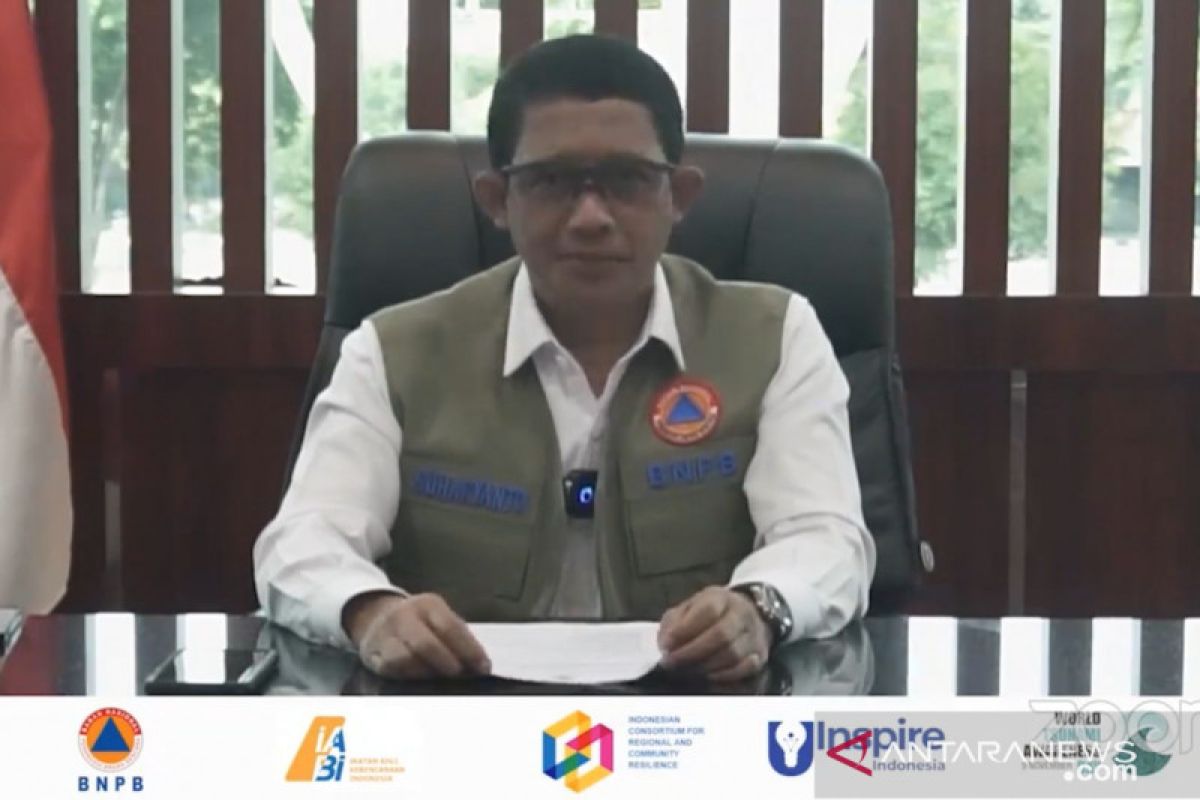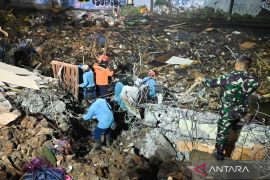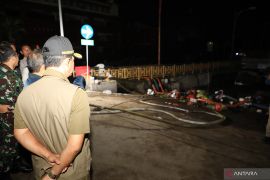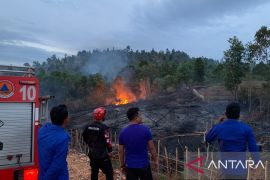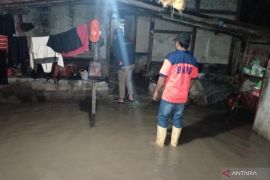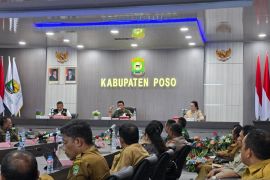“It needs more paradigm shift for disaster mitigation than merely the paradigm of risk reduction in the paradigm of policy failure,” he remarked during a webinar entitled 'Building the Coastal Regional and Community Resilience in Times of Turbulence: Recalibrating Our Development-Resilience Relation'.
According to Suharyanto, the many tsunamis recorded in Indonesia, especially those that caused hundreds of thousands of deaths, such as the 2004 Aceh Tsunami, must serve as a lesson for stakeholders for deciding a better policy and managing future risks.
Meanwhile, the unpredictable conditions due to the global pandemic have also impacted Indonesia, which is still in the national development process, he said. This has made disaster mitigation more complex, he added.
“This matter needs the approach of transformation or change in the decision-making process and development (to one) that is based on science, fact, and knowledge,” he remarked.
Related news: Proper planning can optimize disaster mitigation: BNPB
The goal can only be realized by removing barriers and imaginary walls arising from the illusion of disciplinary and sectoral ego, Suharyanto said. Such an approach must involve interdisciplinary science, grounded transdisciplinary approach, and qualified public policymaking, he added.
Through this approach, the process of handling disasters can become systemic and sustainable and involve policies that are based on risk and resilience, he said.
Risk-based development should align with the traditional optimization of water and natural resources, Suharyanto said. The goal of such optimization is to maximize the national economy without ruling out environmental sustainability or increasing disaster vulnerability, he added.
This optimization can be achieved through the blue economy or circular economy concept, he said.
Moreover, the national early-warning system program can detect multiple dangers and should be strengthened, he emphasized. The community’s readiness can also help reduce policy failures, especially when it comes to the accumulation of vulnerability that can potentially trigger disasters from the social side.
Related news: BNPB bolsters tsunami mitigation capacity through Sapa Destana
Translator: Devi R, Kenzu T
Editor: Suharto
Copyright © ANTARA 2021
